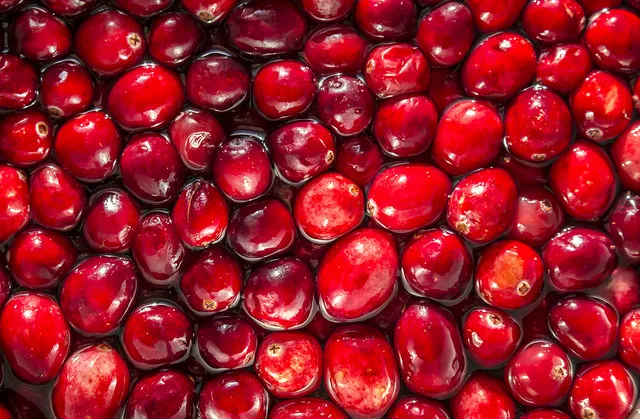This piece in the New Food Economy explores why the US cranberry industry has collectively agreed to destroy one quarter of its harvest, but will not ask any farmers to scale back production. A surplus of cranberries on the market means that prices are being driven below the cost of production. The agreement to destroy a portion of the harvest means that prices will rise again. Unlike other industries, which are regulated by antitrust laws, farmers are allowed to make collective agreements such as this under the Capper–Volstead Act.
Image

Read the full story here. See also the Foodsource resource How are food losses and waste an environmental concern?
PUBLISHED
12 Nov 2018




Comments (0)